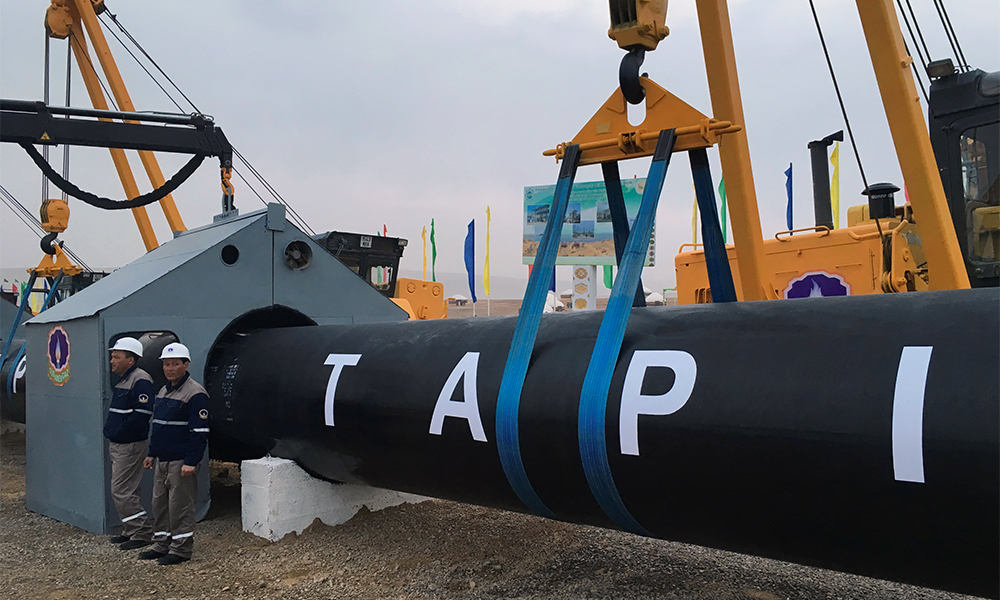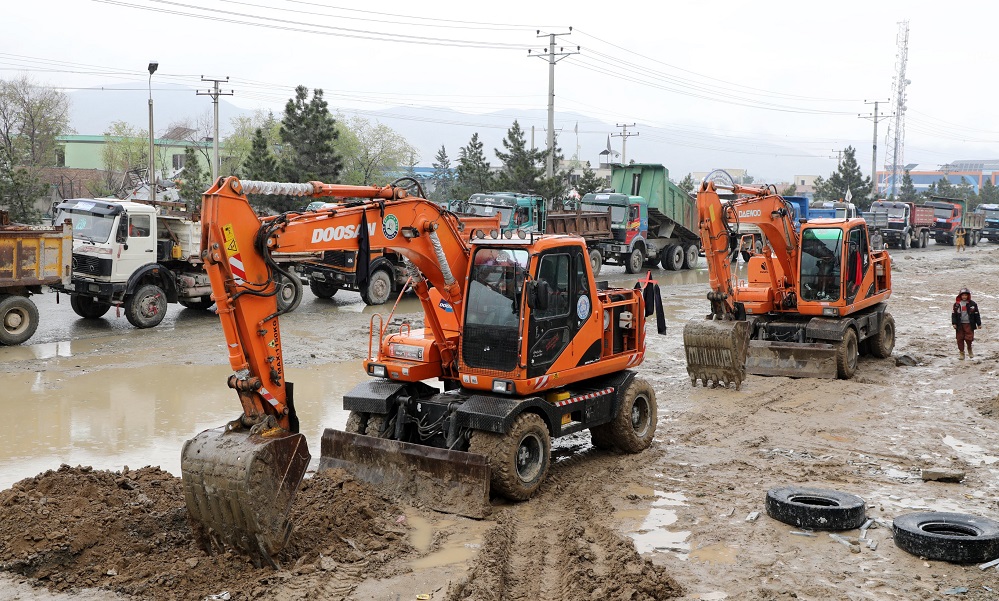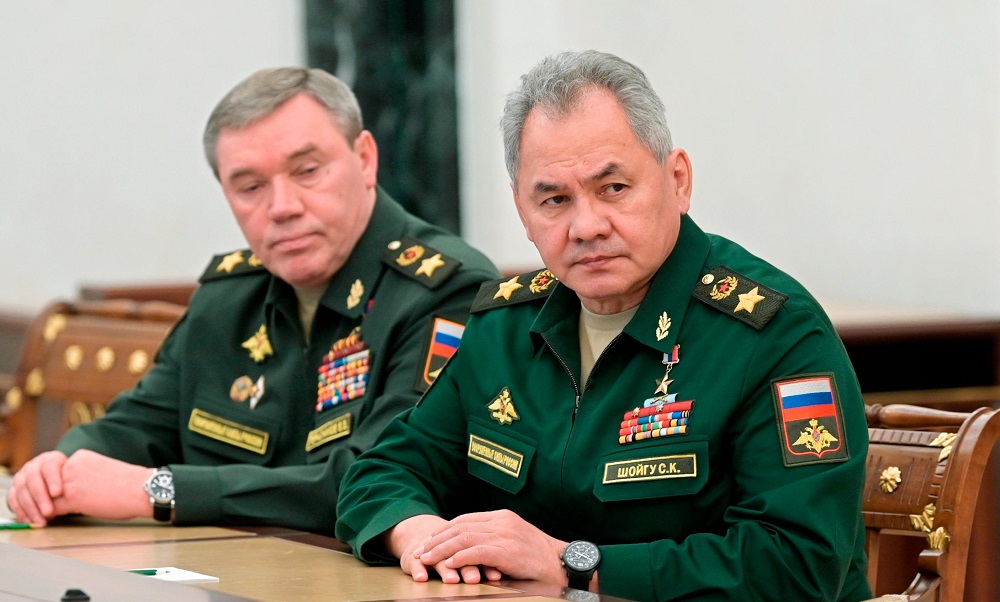Latest News
World Bank estimates 36 % of Afghans living under poverty line

The World Bank estimates the percentage of Afghanistan population falling below the poverty line 36.
The Bank announced to support the government of national unity plans to solve this problem.
Afghanistan is one of the most impoverished nations in Asia. With 36% of its population living below the poverty line, Afghanistan is only second to Bangladesh as Asia’s poorest country.
Poverty is most heavily concentrated in the rural areas of Afghanistan. While 90% of urban households have access to electricity, only 29% of rural households do.
Additionally, 58% of urban households have access to safe water, but only 19% of rural homes do.
The lowest rates of poverty occur in Afghanistan’s urban areas. The province of Kabul has a poverty rate of 29% while 36% of Afghans in rural areas and 54% of nomadic Afghans live in poverty.
The World Bank has found that “the higher the human capital endowment of the household head, the lower the risk for the household to be poor.” Thus, those who live in rural areas in Afghanistan and have less access to education have a higher risk of living in poverty.
In the meantime, the ministry of economy has started a survey to address the problems of those provinces that have more problems.
“Many programs have been carried out in the past 13 years but were not balanced. Level of living in some provinces is very low and we are trying to make them balanced,” Abdul Satar Murad, the minister of economy said.
To address the problem of poverty, Afghanistan must improve school enrollment rates. Only a minority of children are enrolled in primary school in Afghanistan.
A meager 36% of the poorest Afghans attend primary school, while 46% of the richest Afghans do. Additionally, 43% of boys are enrolled in primary school, while only 31% of girls are.
The effects of the lower school attendance rates of females are evident in women’s literacy rates in Afghanistan. In seven of Afghanistan’s 34 provinces, the female literacy rate is 1%.
Even in Afghanistan’s most educated province of Kabul, where the overall literacy rate is 47%, the female literacy reaches only 30%.
These statistics suggest that poverty reduction programs in Afghanistan can begin by focusing on improving the education of all Afghans while also closing the gender gap that is seen in school enrollment.
In order for more Afghans to be lifted out of poverty, they must have improved access to education. With better education, Afghans will have better opportunities to earn a higher income and lift themselves out of poverty.

Latest News
Turkmenistan committed to complete TAPI energy project

Turkmenistan is committed to complete the Turkmenistan–Afghanistan– Pakistan–India (TAPI) energy project together with the regional countries, Muhammetmyrat Amanov, CEO of TAPI Pipeline Company Limited, said.
“Turkmenistan is making significant progress on the TAPI natural gas pipeline, which aims to supply 33 billion cubic meters annually to South Asia” Amanov said speaking at the Turkmen Energy Investment Forum (TEIF 2024) in Paris.
He highlighted that the Turkmenistan section of the pipeline is complete and the ongoing discussions to advance the project beyond Turkmenistan are in strict alignment with international standards.
Amanov said the project emphasizes environmental sustainability by leveraging natural gas to reduce emissions significantly compared to coal and oil, thereby tackling indoor pollution and enhancing regional air quality.
“In light of the ongoing project developments, Turkmenistan remains committed to upholding international law, fulfilling its obligations, and adhering to international norms and regulations,” he stressed.
Latest News
Three road construction projects launched in Kabul

Three road construction projects worth about one billion Afghanis started in capital Kabul on Saturday.
The projects were inaugurated by Deputy Prime Minister for Economic Affairs Mullah Abdul Ghani Baradar.
The projects are: the second phase of Kotal Khairkhane road, the first part of the Shahid square to Qasaba, and the Airport road to Gumruk.
In the inauguration ceremony, Mullah Baradar said that Kabul municipality is working hard to beautify and regulate the city, and people should cooperate with the government in protecting public benefit projects.
He directed the officials of Kabul municipality to complete the mentioned projects on time and with good quality.
The second phase of Kotel Khairkhaneh road is 2.5 kilometers long and 60 meters wide. Thie road will cost 364 million Afghanis and will be completed in 20 months.
The Shahid square-Qasaba road is 1.8 kilometers long and 45 meters wide, which will be built at a cost of 175 million Afghanis in one year.
The Airport-Gumruk road is 2.7 km long and 60 meters wide, which will be completed at a cost of 407 million Afghanis in 20 months.
The projects are funded by Kabul Municipality.
Latest News
Russian defense minister says main threat for SCO countries emanates from Afghanistan

Russian Defense Minister Sergey Shoygu said on Friday that the main threat for the Shanghai Cooperation Organization (SCO) members emanates from Afghanistan where international terrorist groups find shelter due to unstable and indefinite political situation.
Speaking at a meeting of the SCO defense ministers in Kazakhstan’s capital Astana, Shoygu said Washington has stepped up efforts to restore its positions in Central and South Asia that were lost after the withdrawal of coalition troops from Afghanistan, Anadolu Agency reported.
The military chief called “unacceptable” the deployment of the American military infrastructure in the region, arguing that intentions should be regarded as “a direct threat to stability in the SCO space.”
According to him, the US is trying to impose a new security system in the Asia-Pacific region for dominance.
This comes as the Islamic Emirate has repeatedly emphasized that it does not allow anyone to pose threats to any other country from Afghanistan soil.
Recently, Mohammad Yaqub Mujahid, Acting Minister of National Defense Mohammad Yaqub Mujahid said that no destructive groups including Daesh have physical presence in Afghanistan,
-

 Latest News5 days ago
Latest News5 days agoRashid Khan named AWCC’s brand ambassador
-

 Sport5 days ago
Sport5 days agoJaiswal ton powers Rajasthan to big IPL win
-

 World4 days ago
World4 days agoNorth Korea officials visit Iran in a rare public trip
-

 Sport4 days ago
Sport4 days ago‘Serious talent’ Fraser-McGurk bonds with Warner to light up IPL
-

 Latest News5 days ago
Latest News5 days agoUS report cites ‘significant deterioration’ in Afghan women’s rights last year
-

 Latest News4 days ago
Latest News4 days agoOver 1,000 Afghan refugees forced out of Pakistan in one day
-

 Regional2 days ago
Regional2 days agoNew UK sanctions target Iranian drone industry
-

 Sport2 days ago
Sport2 days agoAfghanistan beat Iraq 5-3, inch closer to Futsal World Cup berth

![WORLDBANK _10_06_2015_PASHTO_SOT.avi_snapshot_00.31_[2015.06.10_19.00.14]](http://ariananews.af/wp-content/uploads/2015/06/WORLDBANK-_10_06_2015_PASHTO_SOT.avi_snapshot_00.31_2015.06.10_19.00.14-300x240.jpg)















